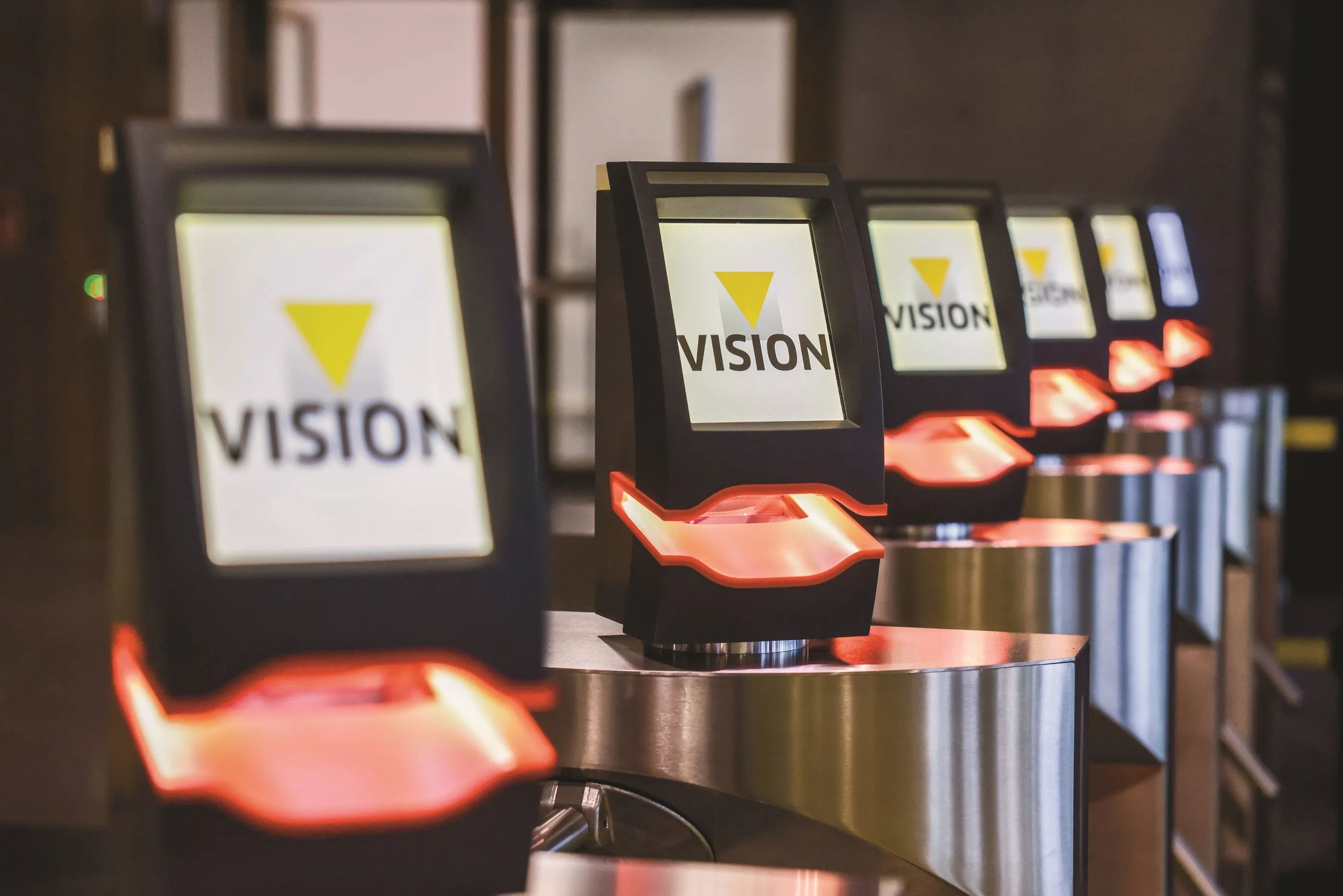Federal Signal Corporation, a leader in environmental, safety and transportation solutions, has announced it will look to form a new division within the group, arising out of its recent acquisitions of Idris, Sirit and VESystems, combined with PIPS Technology and Federal Advanced Parking Division (FAPD).
February 2, 2012
Read time: 2 mins

The new entity is being presented as a game changer for the global ITS industry.
Federal’s ITS Division will offer an ‘open architecture’ to the ITS industry, where modular systems, customer choice and interoperability will be at the core of its market drive and a focus of project delivery.
According to William Osborne, Federal Signal’s President and CEO, “The division will bring to the ITS industry a revolutionary way of doing business and an openness and partnership between provider and client. Importantly, it will be a creator of open industry standards where the demands of the client and ultimate road user are not compromised. In other words, situations where deployed ITS elements become technology islands which cannot interact with new elements, will be a thing of the past.”
This new division will develop advanced customised solutions from the synergy of technologies offered by VESystems, SIRIT, Idris, PIPS and FAPD while continuing to meet current ITS market demands. By combining these technologies into one, Federal Signal says it is creating a superior technology platform and service offering, while providing users with a choice of custom, more complete and fully integrated solutions.
The combination of VESytems industry experience in complete system operations, Sirit’s RFID applications linked with Idris’s detection and classification capabilities, and the PIPS ALPR technology, immediately establishes Federal Signal as a leader in the ITS market.
William Osborne comments: “VESystems, Sirit, Idris, PIPS and FAPD have a proven record of success in jointly delivering superior technology-based client solutions.
“We are committed to investment in research and development to maintain these reputations for technical excellence and with the creation of an ITS division we look forward to further differentiating Federal Signal within the ITS sector.”










